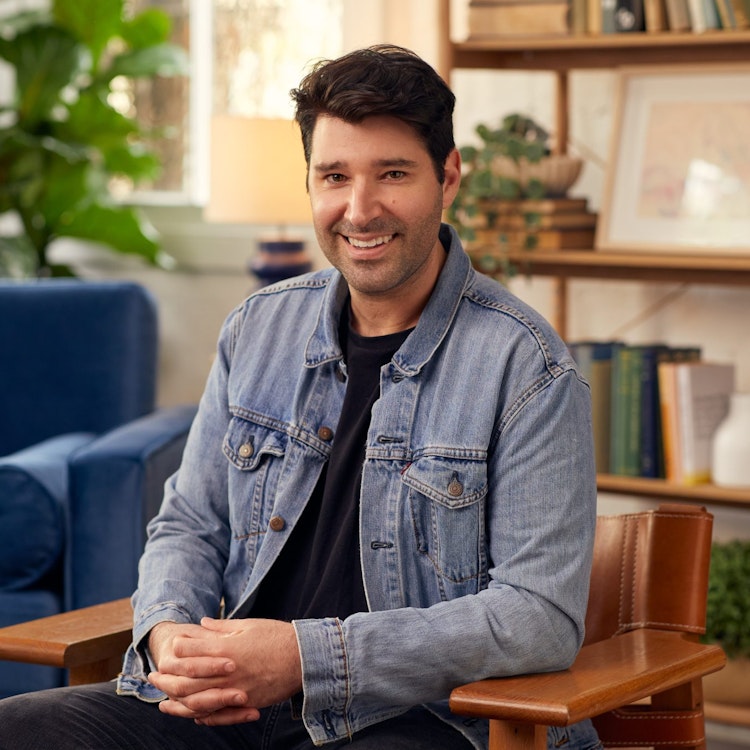Even before the $200m raise in 2021 that made it one of the world’s most valuable startups, Canva had been on something of a European shopping spree.
Speaking from Canva’s head office in Sydney, cofounder Cliff Obrecht suggests that he might not be finished yet and that Canva is always on the lookout for interesting European startups. Not least, because he prefers dealing with Europeans than American founders.
“I think Europeans are a lot more like Australians… the way we do business. A lot more to the point, more straightforward. In America, there is a lot more pomp and ceremony,” he says.
The design software giant made its first Europe acquisition in 2019, followed by three more in 2021. In February 2022, Canva acquired London-based data startup Flourish for an undisclosed amount and then promptly installed its cofounder, Duncan Clark, as Canva’s new Europe lead.
“The acquisitions we’ve made in Europe were when we just reached out and said: ‘I love what you’re doing. This is what we do. We think there’s huge synergies here. Would you be interested in exploring an acquisition?’ And they’re like: ‘Yes!’. And we’ve done the deals within a month.”
Canva is not alone in its push for a European presence in 2023. In September, OpenAI announced that it would expand into Europe with an office in Dublin, while Stripe opened a bureau in Bucharest. All this at a time of growing economic uncertainty in Europe.
Kaleido, an Austrian startup Canva acquired in 2021, was its first AI acquisition. “We were into AI before it was cool,” says Obrecht, and in the years since, the firm has rolled out a number of AI-powered products on the platform including Visual Suite, in 2021, and Magic Studio, on October 4, 2023.
Valuation reset
Canva has not raised any funding since 2021, but investors recently completed a secondary transaction that revalued the company at $26 billion. That news raised some eyebrows — prompting some to suggest the Canva bubble had burst — but Obrecht isn’t phased.
“Look at the market as a whole, at any tech company, all of them have had much larger drops than us. It is just a huge adjustment… coming down from those 2021 highs,” he says.
“We've added more users in 2023 than the last eight years combined. On all fronts, revenue and users are accelerating. We’ve got a tonne of cash in the bank. We’re kicking goals.”
Canva has hired 800 people in 2023, bringing its global headcount to around 4,000. A little over 220 of these are based in Europe.
Canva remains one of two major success stories in Australian tech, the other one being software giant Atlassian, which has had a rather more sober 2023 than Canva. The impact of these two big successes on the ecosystem echoes a similar flywheel of talent and company creation that has also taken off in Europe with companies like Revolut and Spotify.
“I think it takes success to breed success. How many amazing phenomenal tech companies are there in Silicon Valley? And those tech companies graduate people who have seen success, seen excellence. And those people start tech companies and understand what it takes to be a huge success,” he says.
“Before Canva, there was only Atlassian. And so we hired a bunch of Atlassian folks and those people are starting to fragment out, and people have left Canva and are starting their own businesses and getting funding. And from my experience, the funding environment in Australia is actually really good. Because there aren’t that many great companies.”



